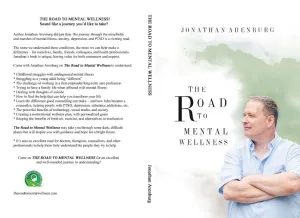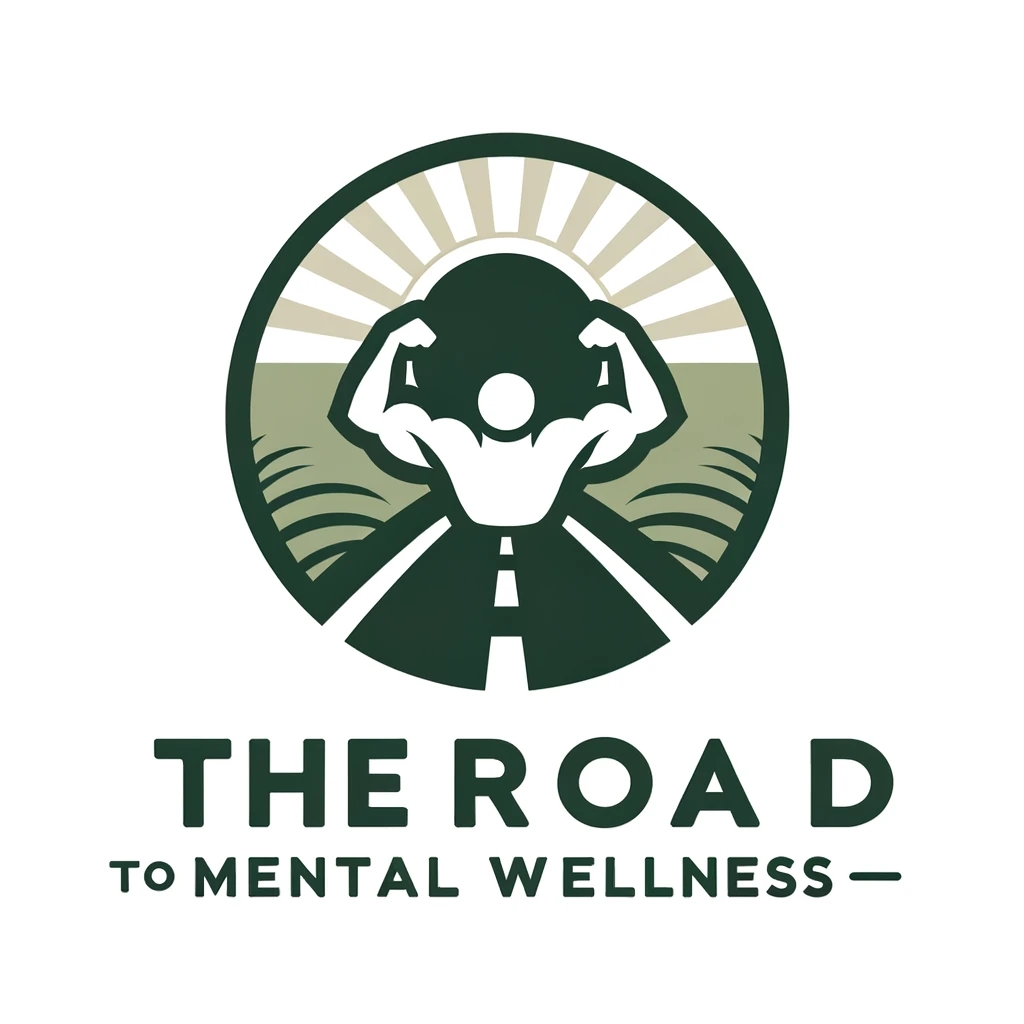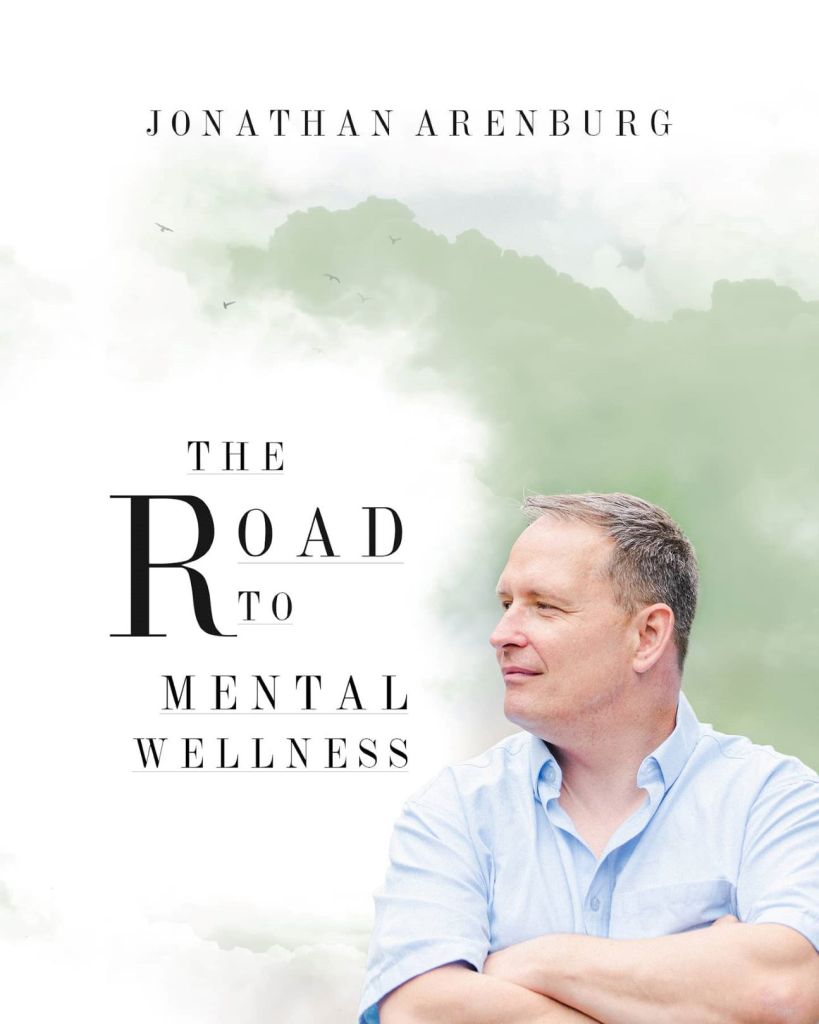“How Do Thoughts Affect the Body Physically?” Anne Higgins discusses the very real connection between our thoughts and our bodies.

Anne Higgins
Hi everyone!
My name is Anne Higgins
I’m a qualified counsellor and psychotherapist based outside Abbeyfeale County Limerick (Republic of Ireland)
I work with an integrative approach to suit each client such as person-centred and deal with physical, emotional and mental health issues both online and with one to one
I am pre accredited with IACP (Irish Association counselling and psychotherapy)

My website
Follow Anne
Follow us
Brief Overview:
The connection between our mind and body is powerful, although it’s not something we often consider. It’s as if they are two separate entities that we need to consciously align. Communication between the mind and body can be severed due to past experiences, but we continue to navigate each day to the best of our ability.
Our bodies naturally respond to how we think, feel, and act. For instance, if you’re anxious or stressed, your body will react to signal that there’s an issue. This can manifest as high blood pressure following a traumatic event or the unexpected death of a family member.
Stress, or negative thoughts, can exacerbate physical illness. Fear can lead to increases in certain chemicals that prepare us for the “fight or flight, freeze or fawn” response. Thoughts initiate a chain reaction that allows us to contract our muscles and manifest in a physical state in our bodies.
Need help? Visit Our Mental Health Resources Centre
Our brains control all our bodily processes, including chronic pain! This doesn’t mean that your pain is ‘all in your head’ or not real. All pain is created by our brains, even acute pain.
Pain can be both physical and psychological.
Neurotransmitters send messages along your spinal cord and up to your brain, saying, “Ouch! That hurts!” So, is the thought really in your head?
Physical symptoms in the body are the body’s way of signaling an issue. Think of a time when you may have experienced something upsetting mentally that didn’t immediately affect your body physically, but within a few days, you experienced a physical reaction. Many people are oblivious to this and don’t connect the mind and the body to what may have occurred in the days prior to experiencing the physical symptoms.
Here are some everyday examples, without going into deep detail:
Did you experience a sore throat days after having difficulty expressing your feelings or emotions to someone, choosing to let it go rather than causing an argument? Or did someone say something that was hard for you to swallow?
Lower back pain can signify a feeling of being unsupported by others or experiencing a lack, perhaps in financial matters.
Earache can indicate not listening to your own intuition, the inability to listen to good advice, or an intolerance for listening to someone (or someone’s problems).
Leg pain can represent the fear of moving forward with life, feeling stuck, or walking away from your past.
Pain in your arms may be a fear of embracing what life has to offer, a fear of letting go of someone, setting boundaries (to push away), or an inability to leave behind past trauma.
Hand pain can signify a fear of seizing life with both hands, or holding a tight grip on past experiences and being unable to let go.
The above is just a general brief overview of symptoms. Both the left and right (yin/yang) sides of your body would have different meanings, but understanding these could be helpful in healing your body from everyday aches and pains.
Below are some techniques that can help distract your mind from the pain and may help to override pain signals, providing relief:
- Deep breathing
- Eliciting the relaxation response
- Meditation with guided imagery
- Mindfulness
- Yoga and Tai Chi
- Positive thinking
5 ways to maximize your mental health.
I am not suggesting for a moment that you should avoid seeing your GP. We often need medication to help us recover, but I find it interesting to consider where a physical symptom may have originated. Once recognized, pain can dissipate rather quickly as we get to the root cause.
Unfortunately, we may carry aches and pains, and medication prevents them from worsening, but we never get to the root cause of why we experienced them in the first place. Over time, this can manifest into more serious outcomes.
Yes, medication can be helpful, but it doesn’t address the root cause.
Healthy thinking can help. Cognitive Behavioral Therapy (CBT) is one option used to help people think in a healthier, more balanced way. The goal is to change the way you think about pain so that your body and mind respond better when you experience pain. Understanding the root cause of why you experience the pain in the first place could have a positive impact on your lifestyle. It could potentially lead to a pain-free existence, or at least to pain that is more manageable, allowing you to start enjoying life again!
Follow us
Don’t forget to buy Jonathan’s book, The Road To Mental Wellness:
Learn to Manage and Thrive
- His lifelong battle with depression
- The benefits of exercise
- How to start to overcome the dread and exhaustion of depression
- How small steps make huge differences
- Scientifically backed techniques to help minimize depression, anxiety, and PTSD’s effects
- How to set boundaries with yourself when you have a mental health condition·
- How to optimize living your life with these debilitating mental illnesses.




Please leave a comment and tell us what you liked about what you read.